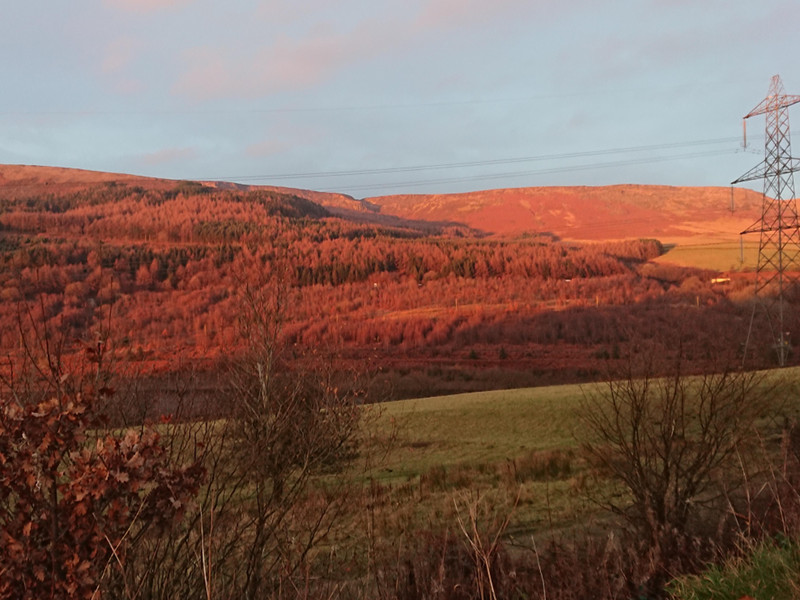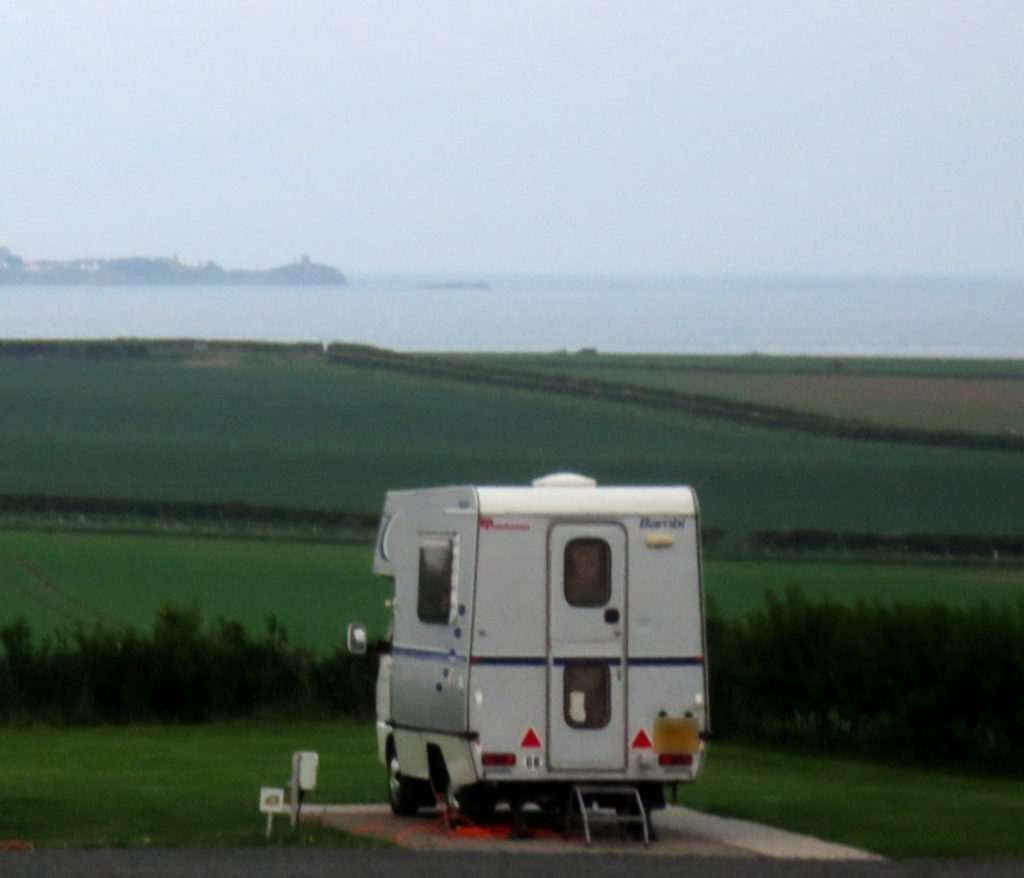Dear Benedict,
Yesterday I was walking through one of the short strips of woodland in the valley. Woodland like that is one of my preferred walking places whatever the season, and I was thinking, as I had been for a few days, about chapter 33 of your Rule. It’s another one of the short chapters, I noted, this time about personal possessions.

Now the one thing I’m quite clear about is I don’t own that stretch of woodland. Occasionally I do come across places that are labelled as ‘Private Property, Keep Out’ but fortunately not very often round here where a lot of the land is signed ‘Open Access’. And although I’ve sometimes seen ‘Woodland for Sale’ notices, I’ve not bought any because I don’t have that sort of money or the need to ‘own’ woodland. Provided the community can have access to it, as a shared resource, that seems to me the more natural order of things. It is after all, the natural world. I realise someone does have to care for it, which is why I favour the community ownership option.
And I think you would too. Like many people, I surely have too much stuff: a house full in fact, as I’ve already noted. But for this chapter I also need to think about what belongs to us communally and how we treat such stuff.
The natural world is not mine, but neither is the NHS. It’s a shared resource, something I have contributed to but I don’t have more rights to it than anyone else. Most people would get that even if they don’t understand that passing on COVID19 to people who in turn need hospitalising is a way of life that is not mindful of the communal nature of the NHS. Just because you won’t need it, doesn’t mean it’s OK to indulge in behaviour that might mean someone else does.
So too, other resources we hold in common, often referred to as ‘tax payers’ money’, though in fact much more than that. It continues to astonish me how many people think it’s OK to find a way not to contribute their fair share of taxes, as if they didn’t want a share of the communal things these fund and in addition encourage the hounding of the poor for their need to rely on such communally funded resources, like Universal Credit, as if they were the criminals. Unfortunately when the leadership of our society seems to include those that encourage the misuse of communal resources, it seems likely we are not in the presence of the kind of leadership that Chapter 33 describes as being able to allocate resources according to need.
From the remembered gospel: Jesus said ‘There was a man who had 3 servants and before he went on a journey he asked them to look after his money. To one he gave £1,000, to another £500 and to a third £10. When he came back…..’
Call me back, remind me: not everything belongs to me!
From a Friend of St Scholastica and a Member of the Lay Community of St Benedict.


